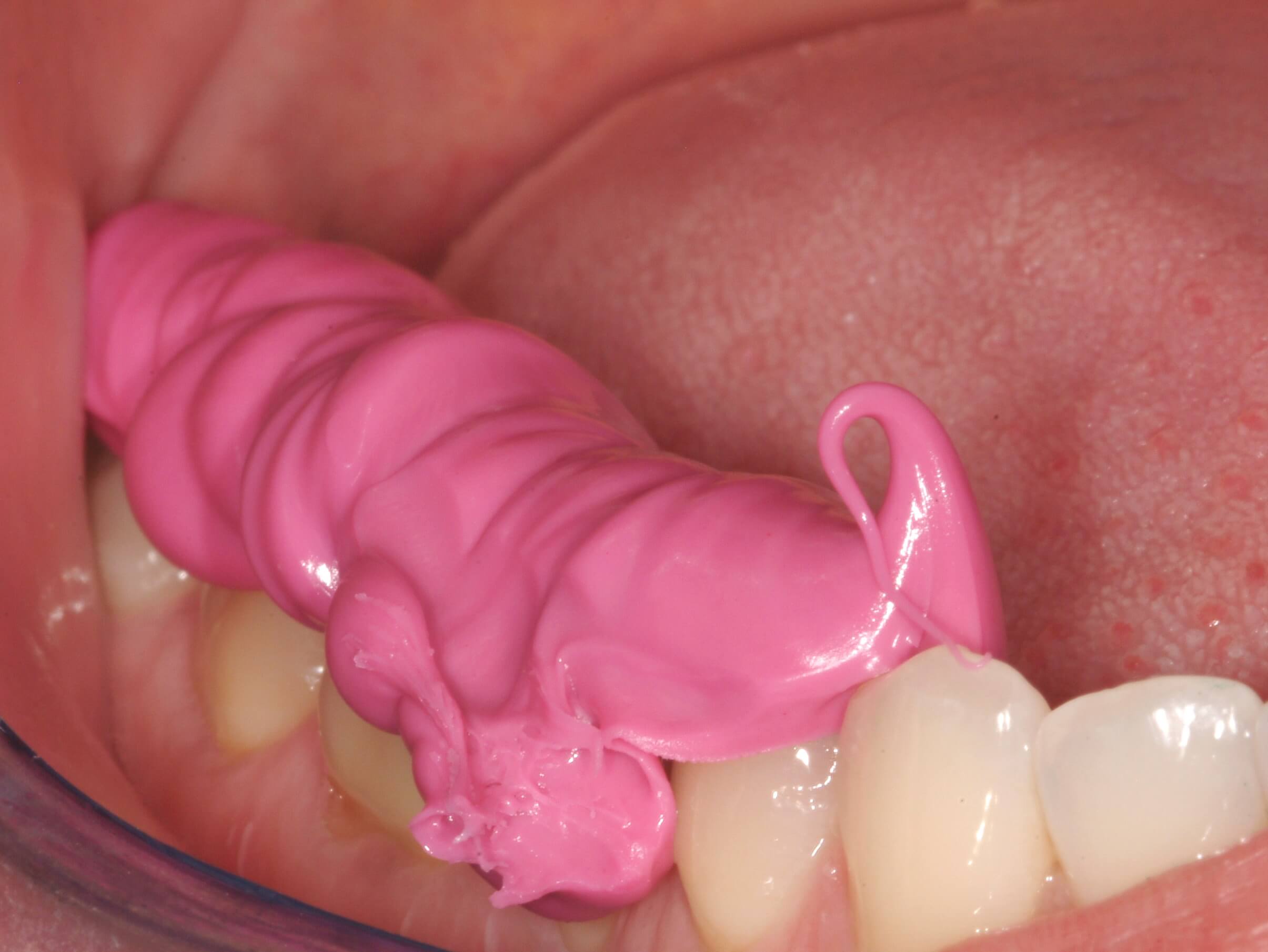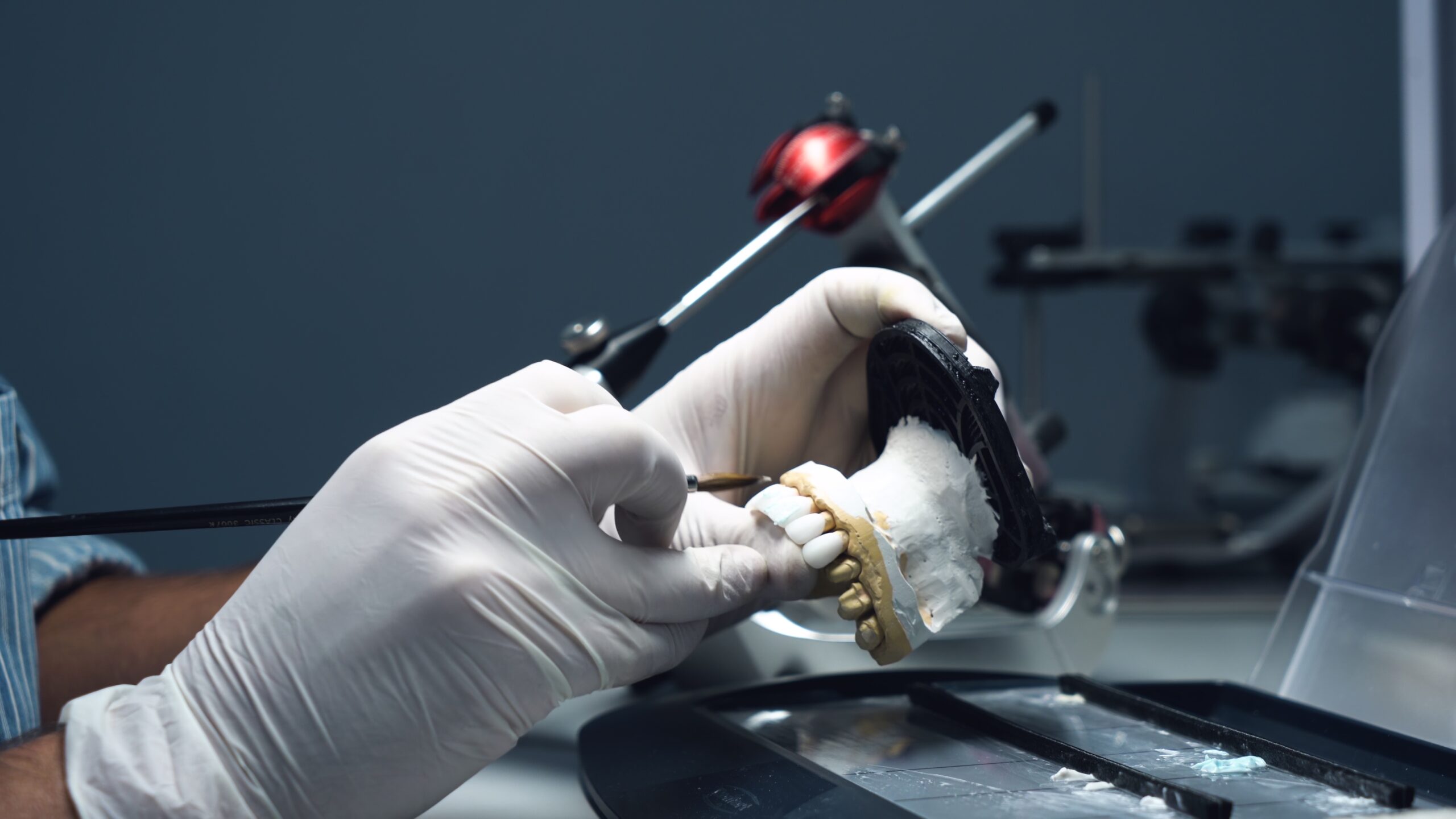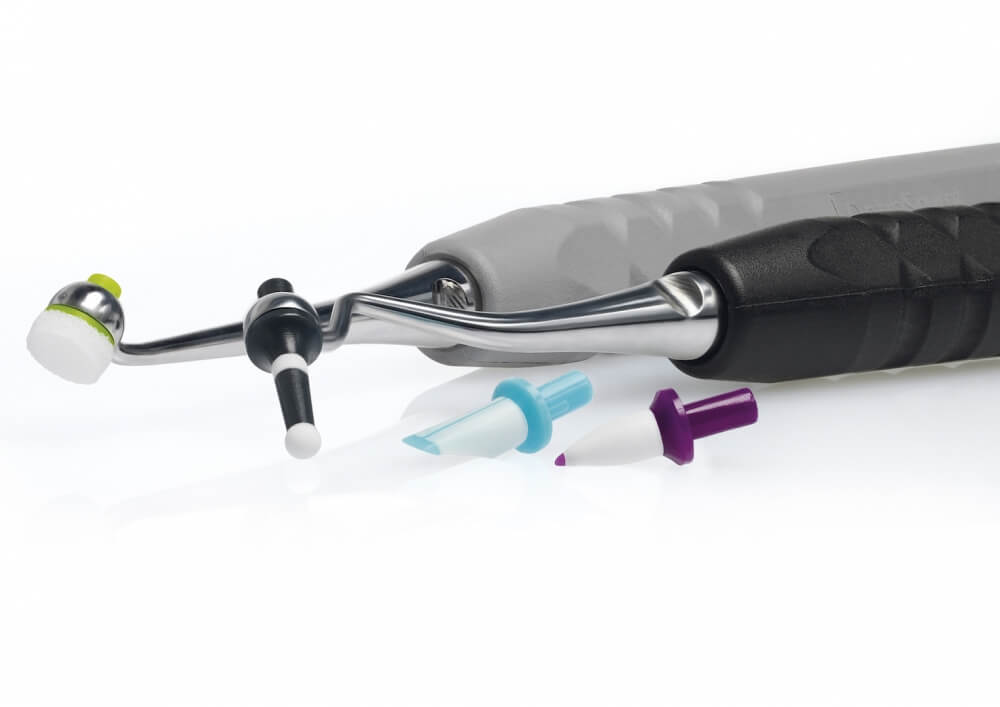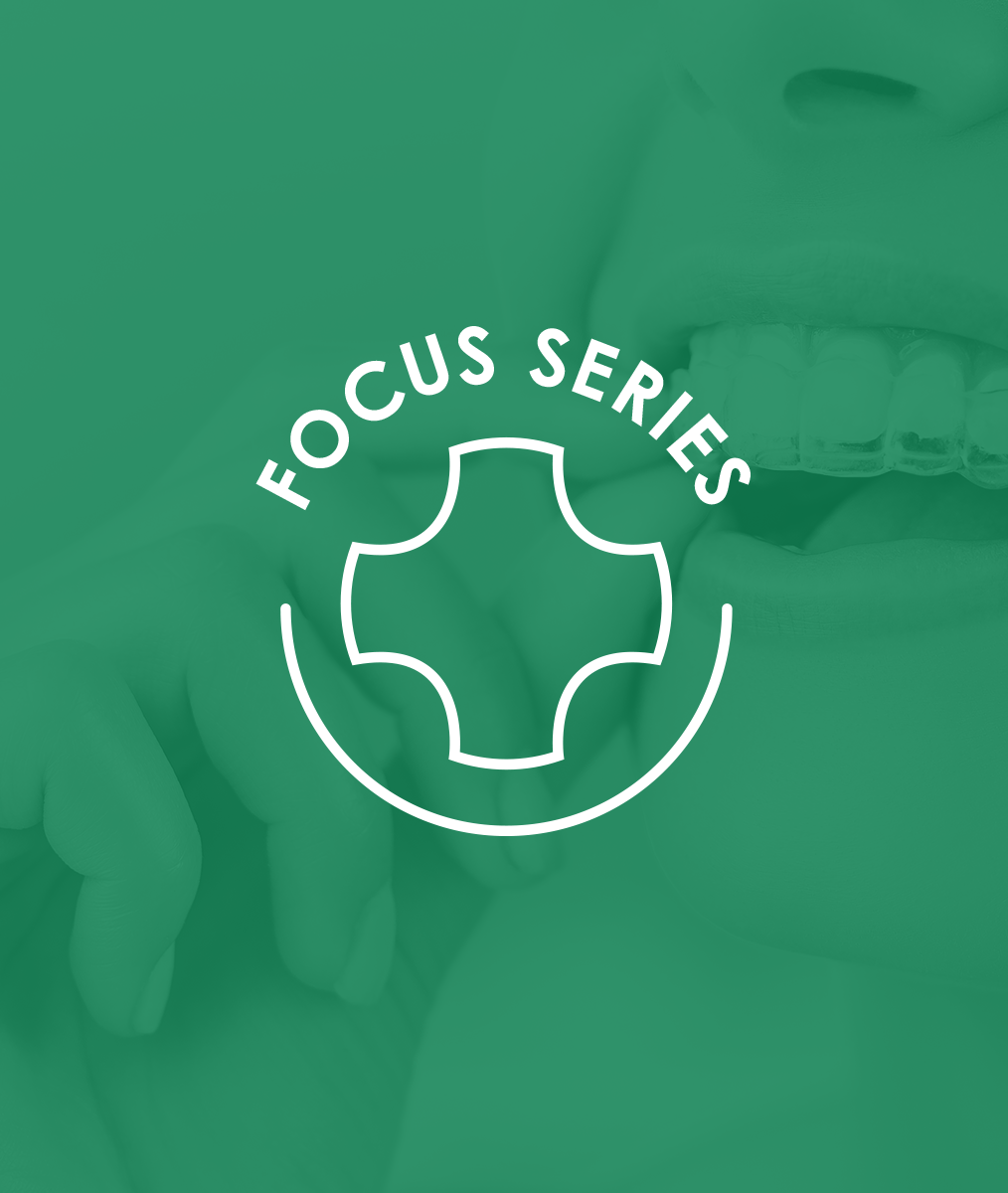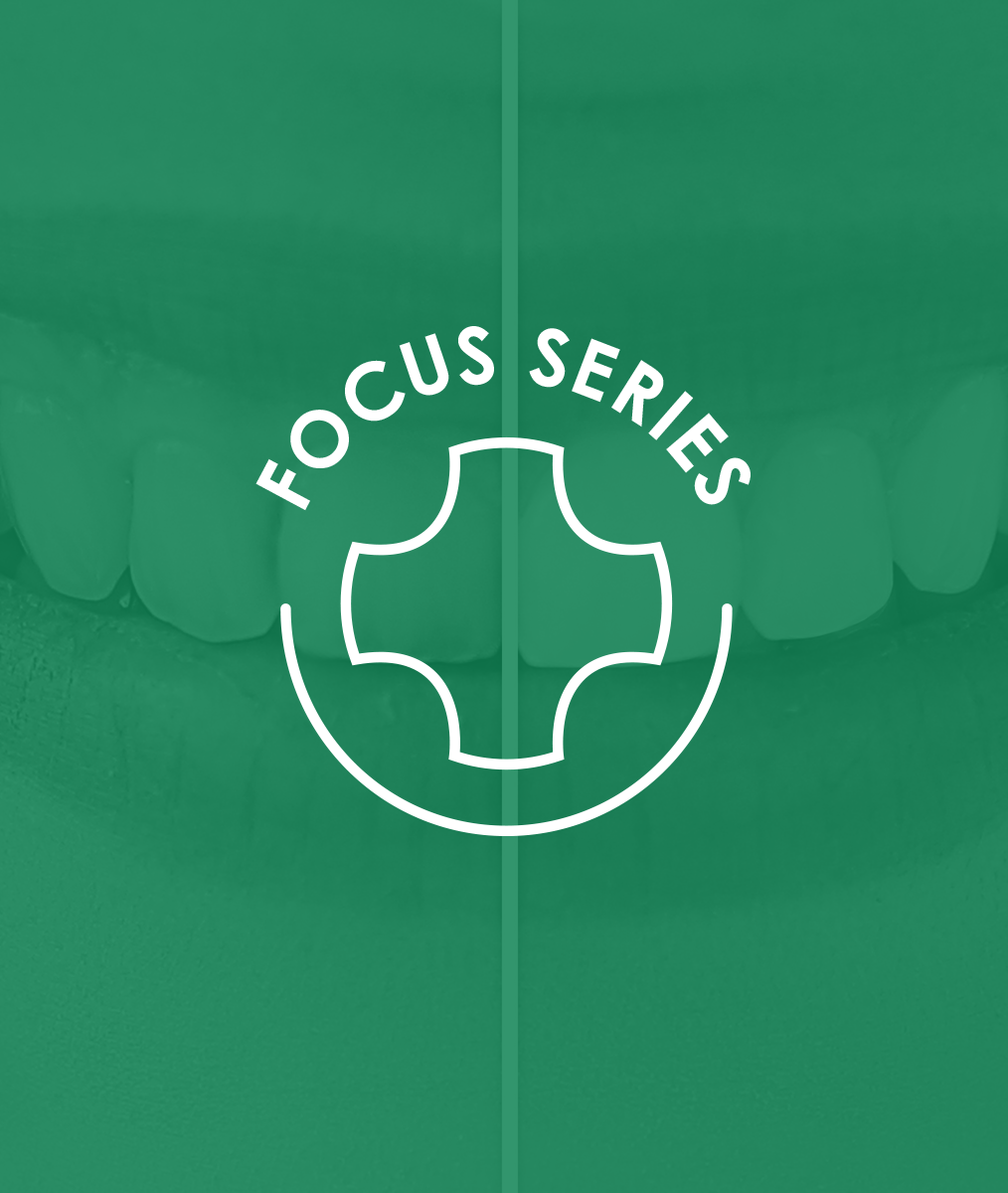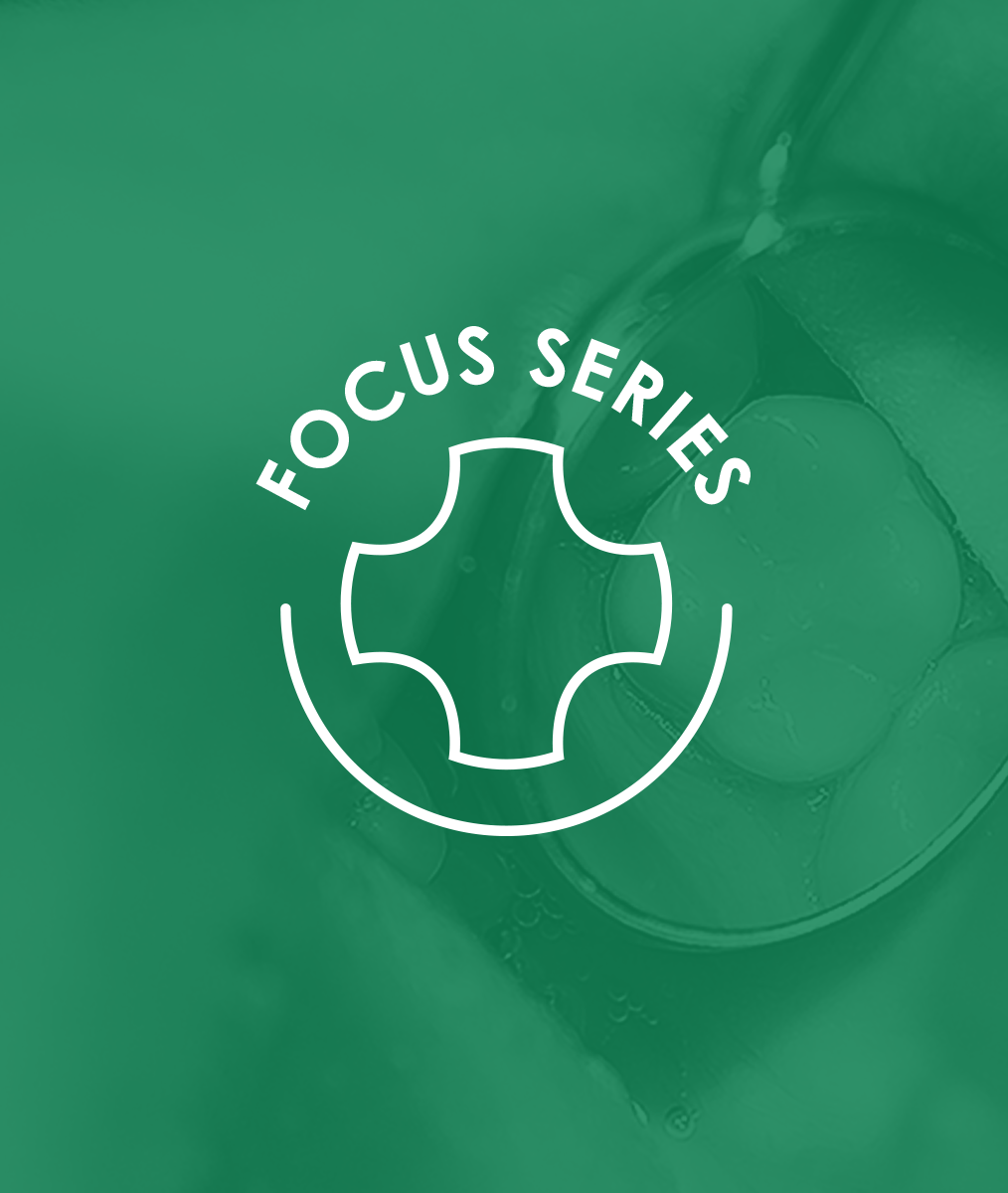Are You Communicating Brand Preferences to Your Team?
There may be times when you see an unfamiliar brand of material on the tray before you. If you do notice, it’s likely because the brand of this particular material has come to matter to you.
You know the brand you prefer is predictably reliable, and you have worked with it a lot.
A while back, I went to take a Centric Relation bite record for a patient so we could fabricate an occlusal appliance. After I dried the upper teeth and reached for the bite registration silicone, I realized it was an unfamiliar material in the gun. While trying to complete the procedure, I rotated the gun to read the label. Sure enough, it was bite registration silicone, but not a brand I had used before.
After the procedure was completed and the patient dismissed, I found a few minutes to talk to my assistant that handles ordering. She has been very effective in managing supplies and an incredible team member. I started with a simple question that I hoped would not sound accusatory. “That was a new bite registration material I haven’t used before.” She was pleased to say the brand was less expensive and they were having a special, so it was even less expensive than usual.
Now many of you might think all bite registration silicone is created equally, and I learned my assistant thought so as well. Her cost-saving thought process works well for many for the things we use in the office where I don’t have a brand preference, such as 2 x 2 gauze. However, I do have a strong brand preference for bite registration silicone. They are not all the same hardness, and they do not all have the same set time or moisture tolerance. This was not the staff member’s fault because I had never communicated this to her.
This has prompted me to take a moment, sit with my staff and go through the materials we order and identify any other places where my preferences are very brand specific. While doing this, I explain why I have each preference.
From time to time, I try new materials and brands of materials, adopt some and reject others. My preferences change. Therefore, I offer this little story to remind myself and to suggest to others that we periodically review with our teams the brands we like, the ones we don’t like, and the ones we would like to try.
Related Course
E1: Aesthetic & Functional Treatment Planning
DATE: October 3 2024 @ 8:00 am - October 6 2024 @ 2:30 pmLocation: The Pankey Institute
CE HOURS: 39
Dentist Tuition: $ 6500
Single Occupancy Room with Ensuite Bath (Per Night): $ 290
Transform your experience of practicing dentistry, increase predictability, profitability and fulfillment. The Essentials Series is the Key, and Aesthetic and Functional Treatment Planning is where your journey begins. Following a system of…
Learn More>
